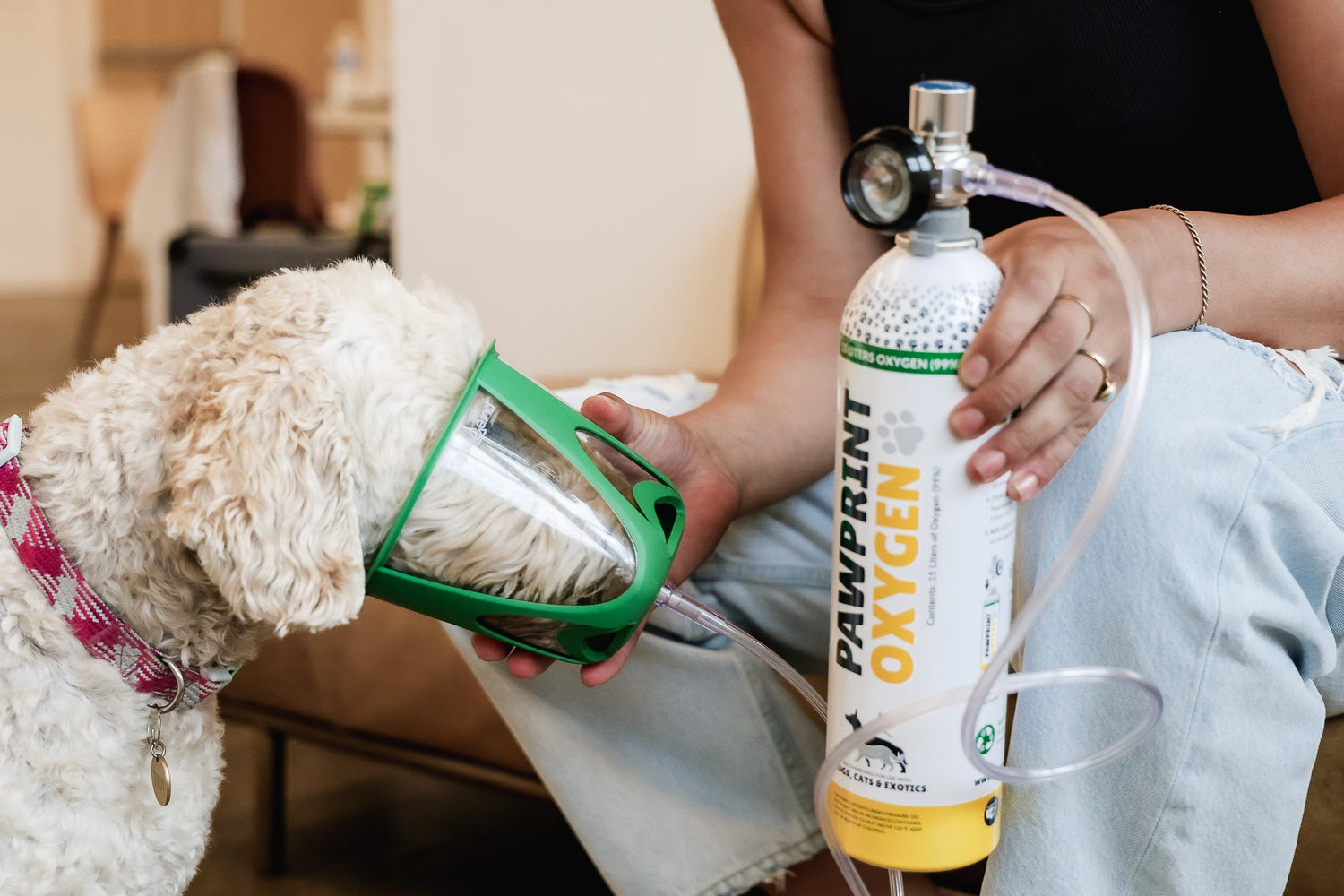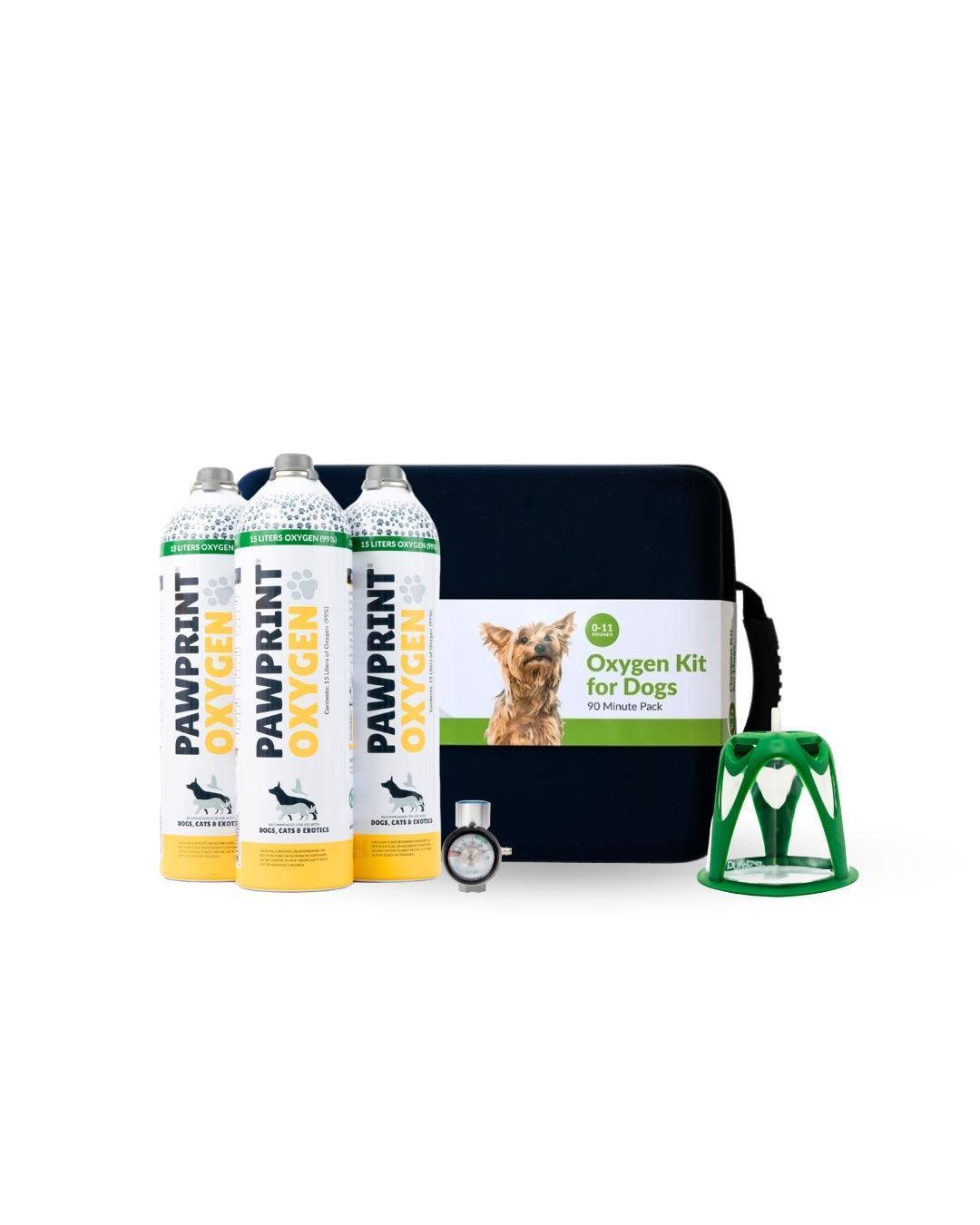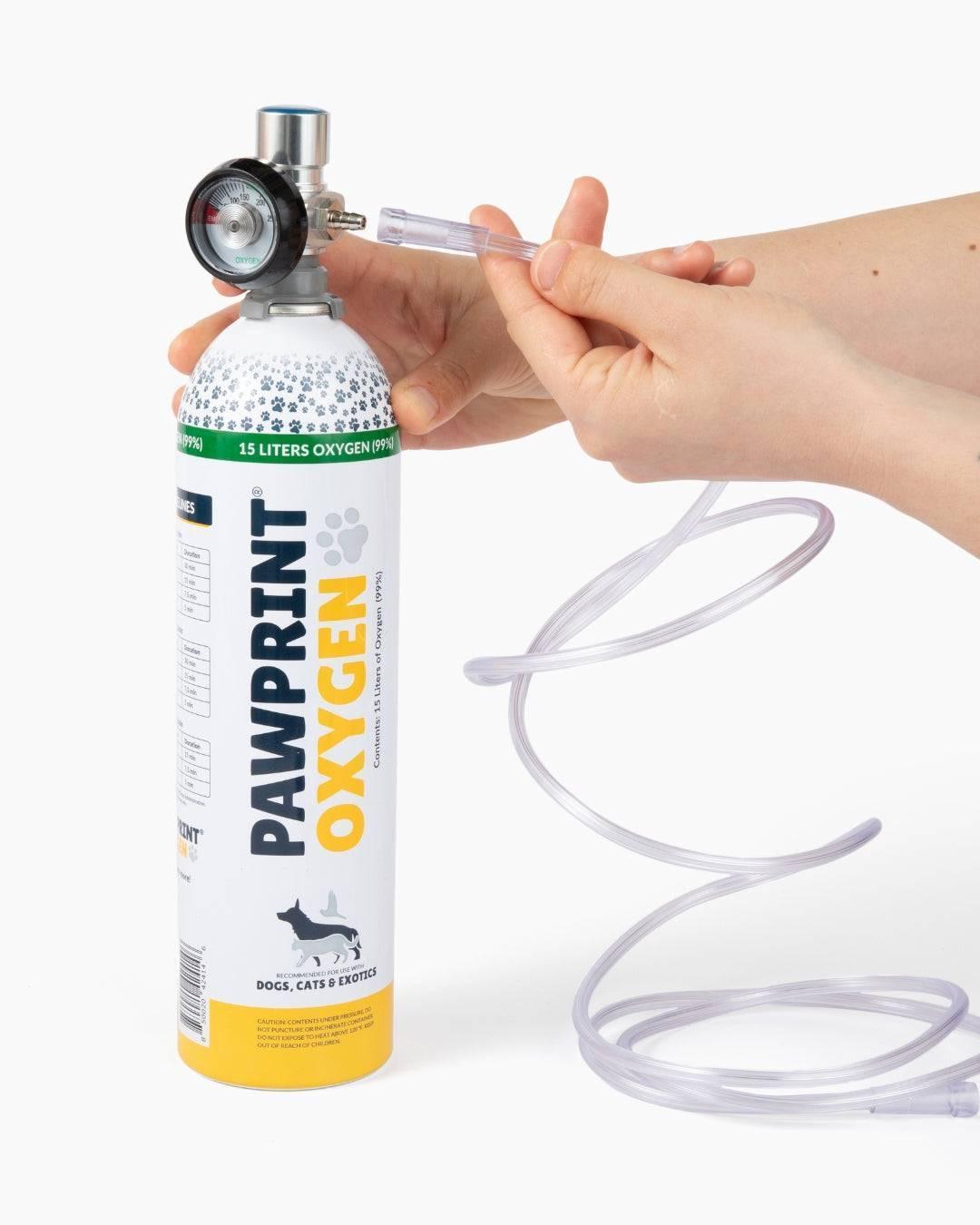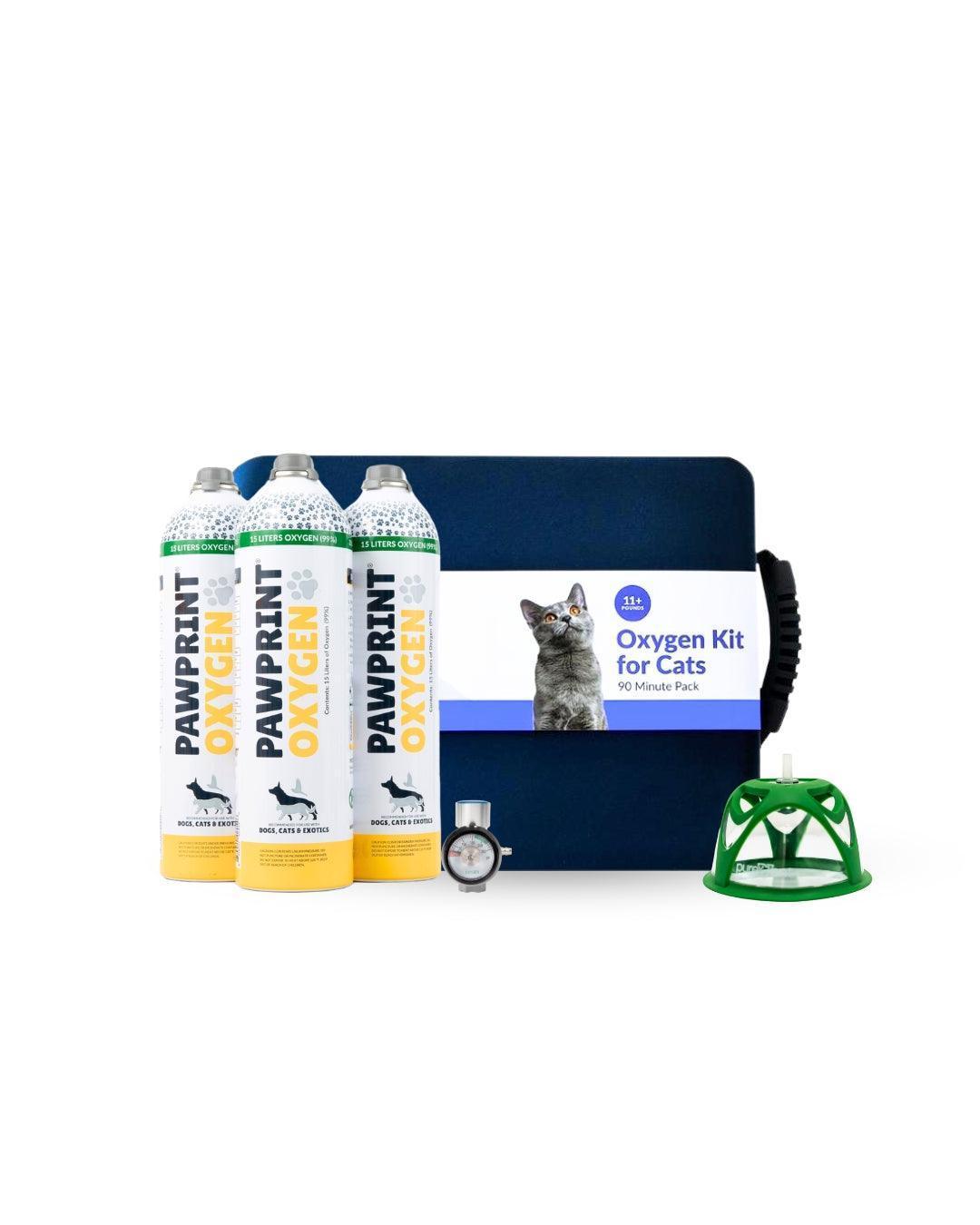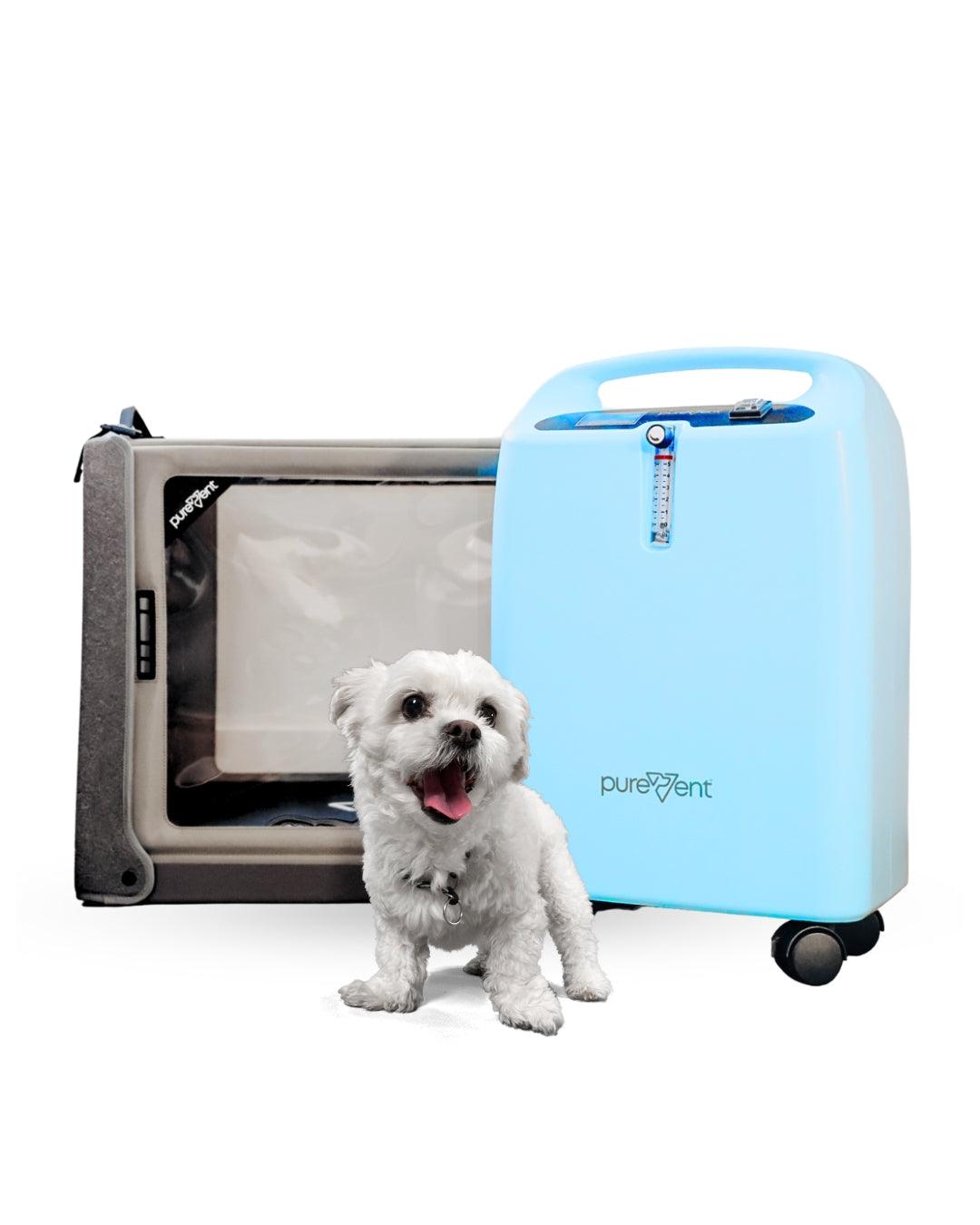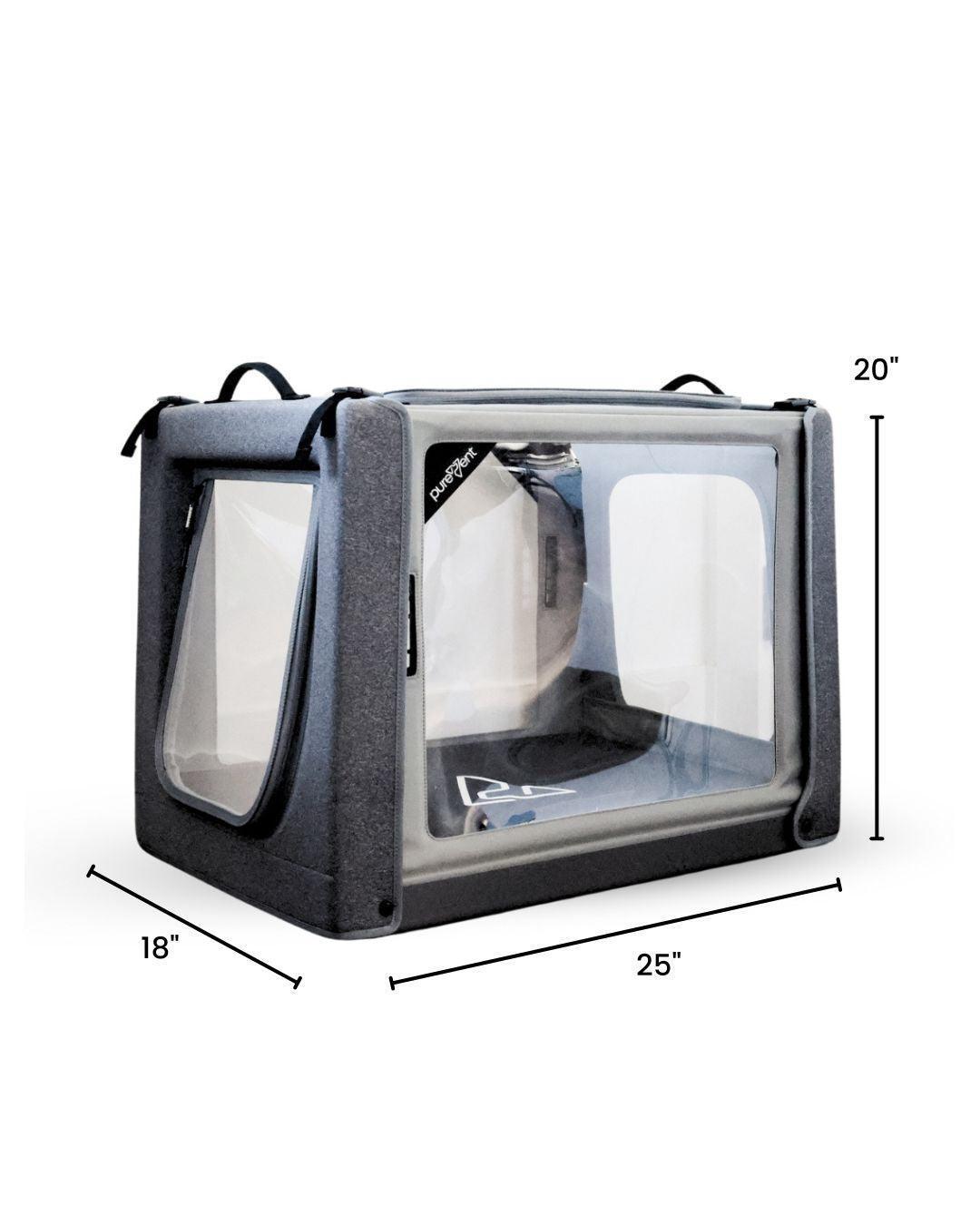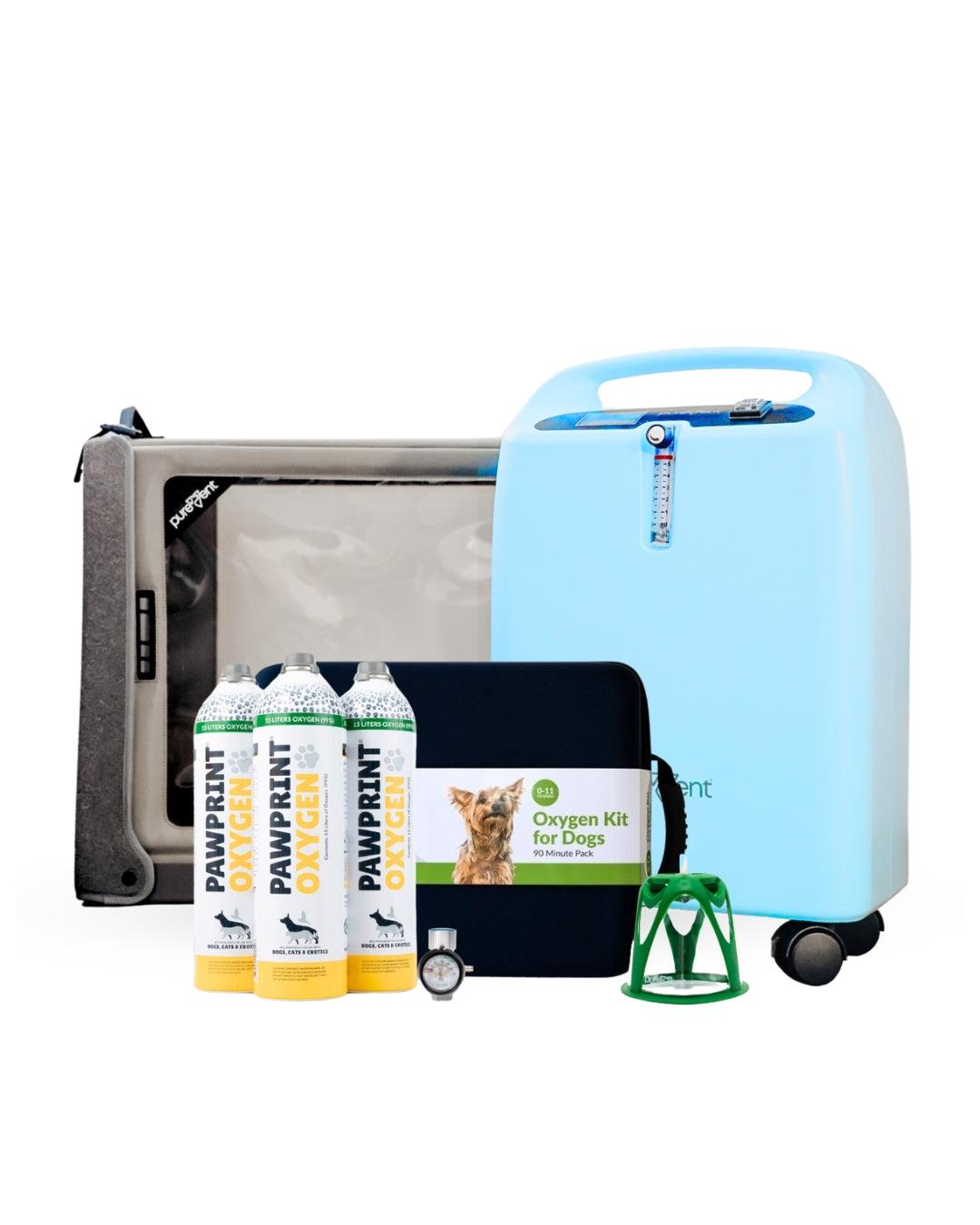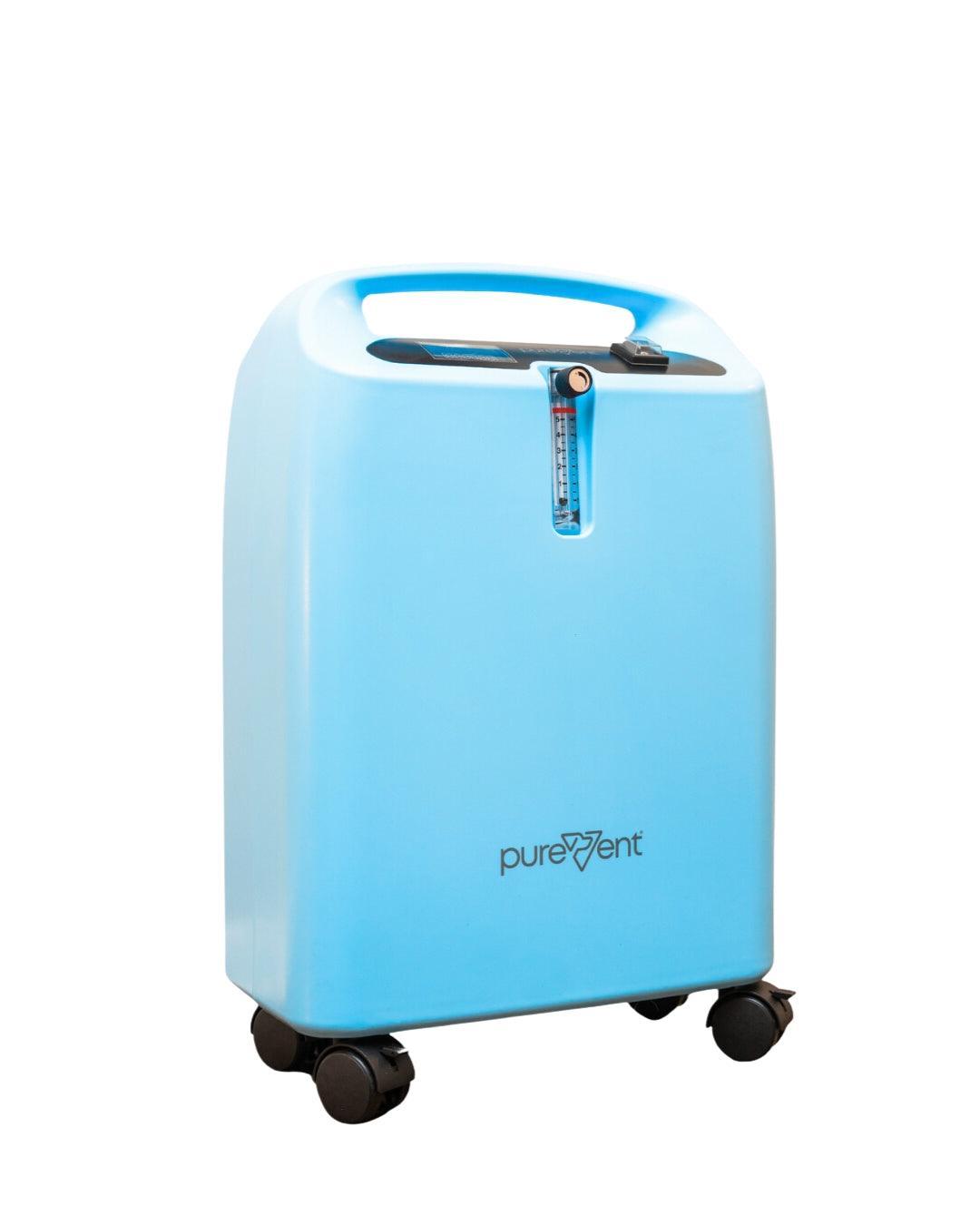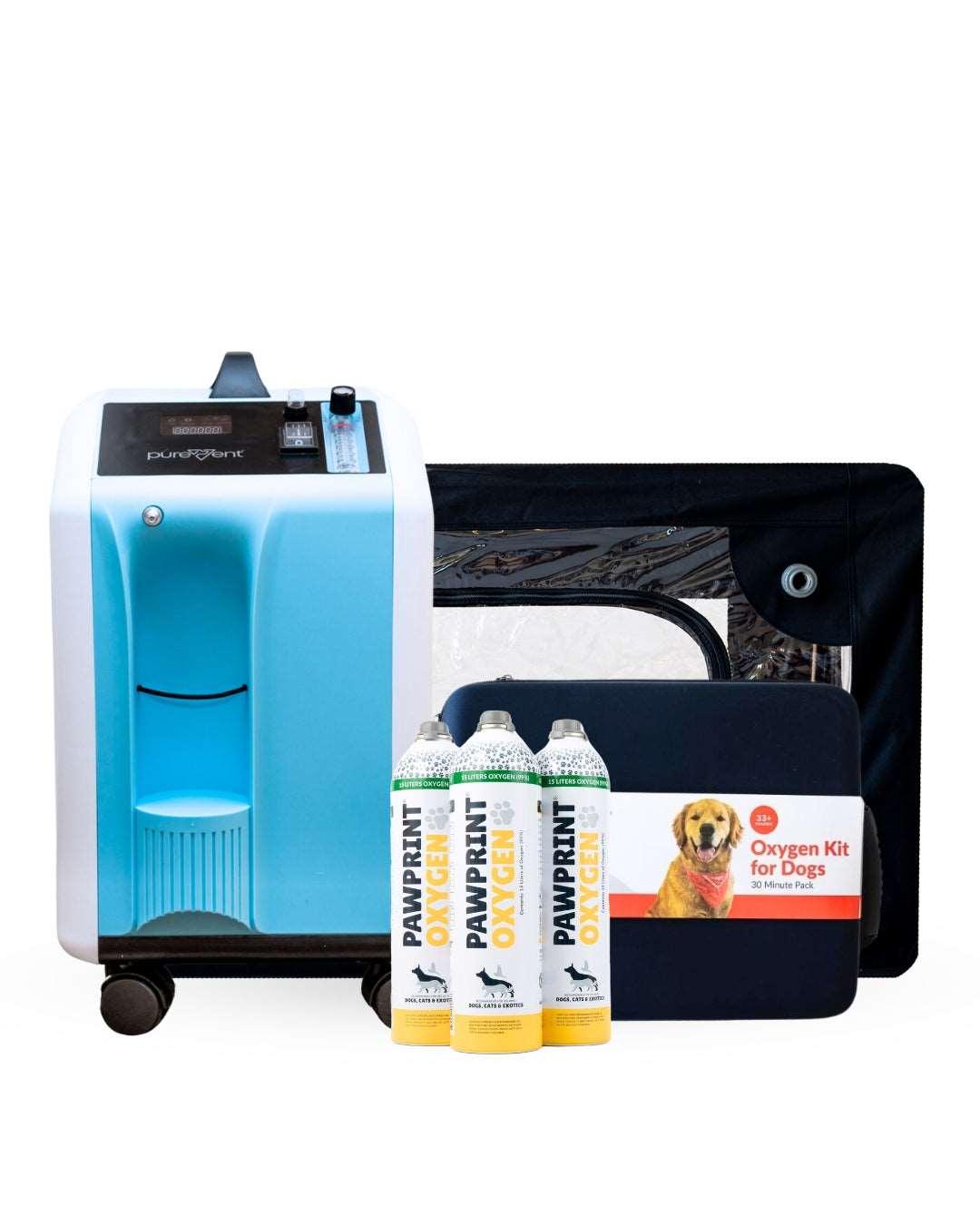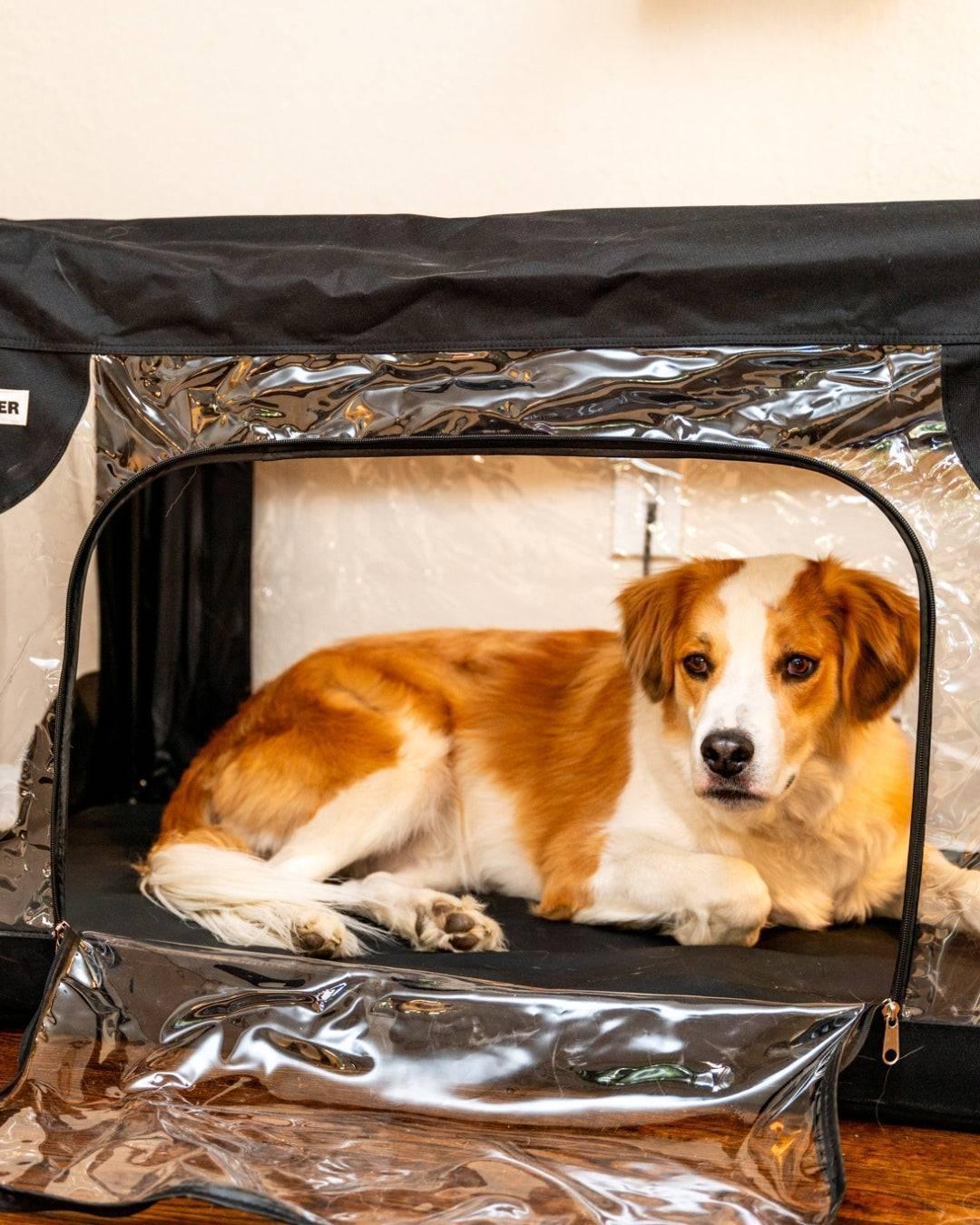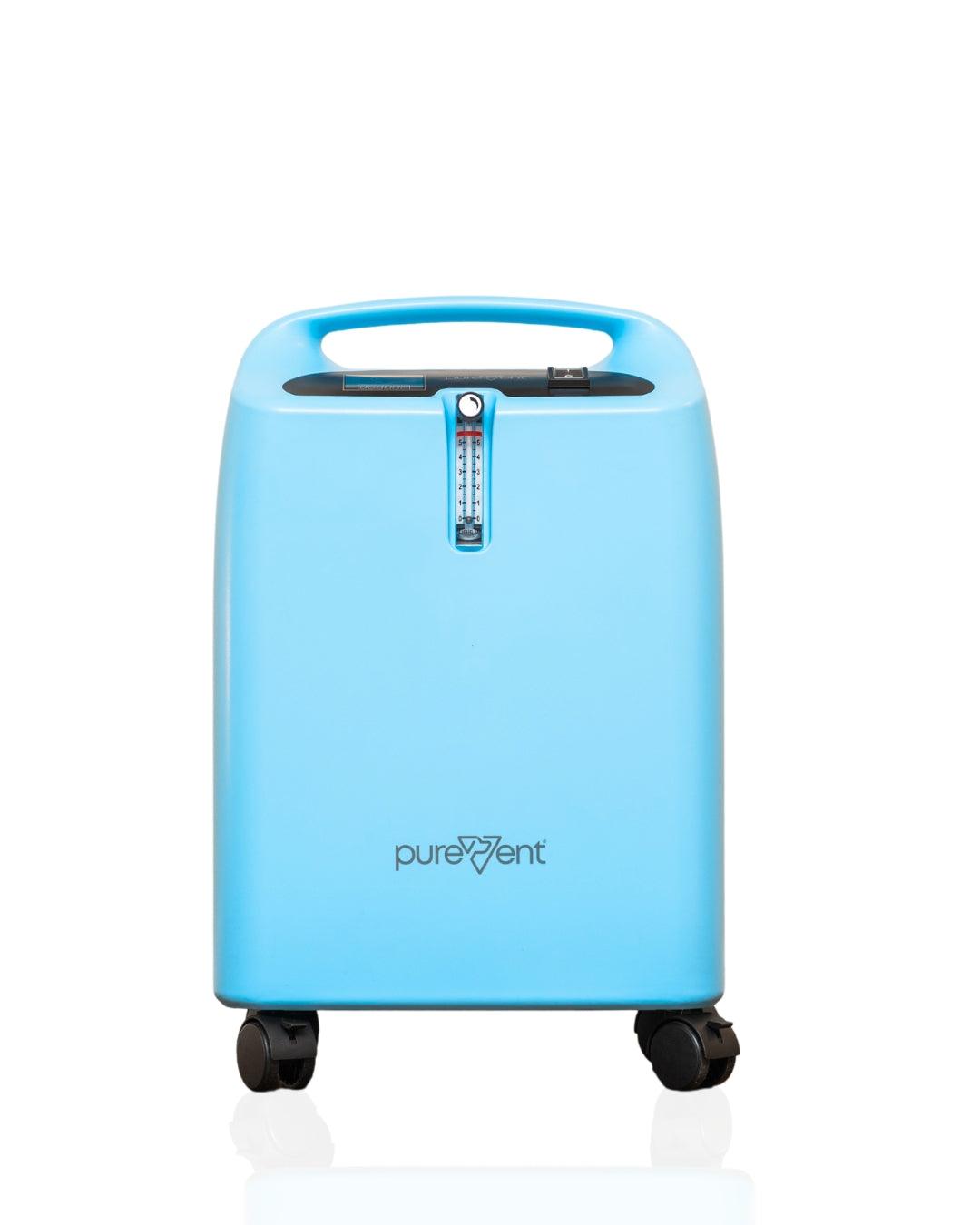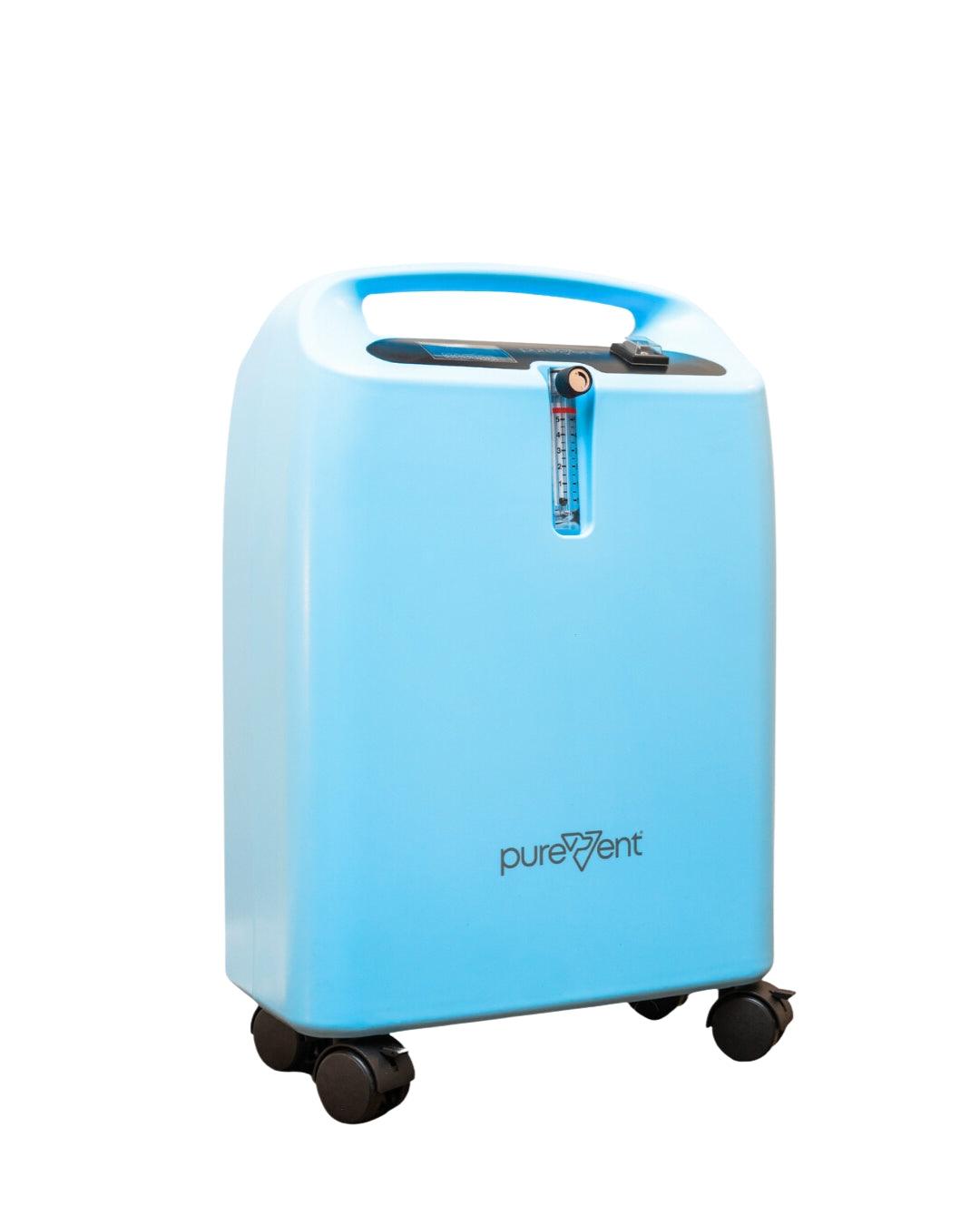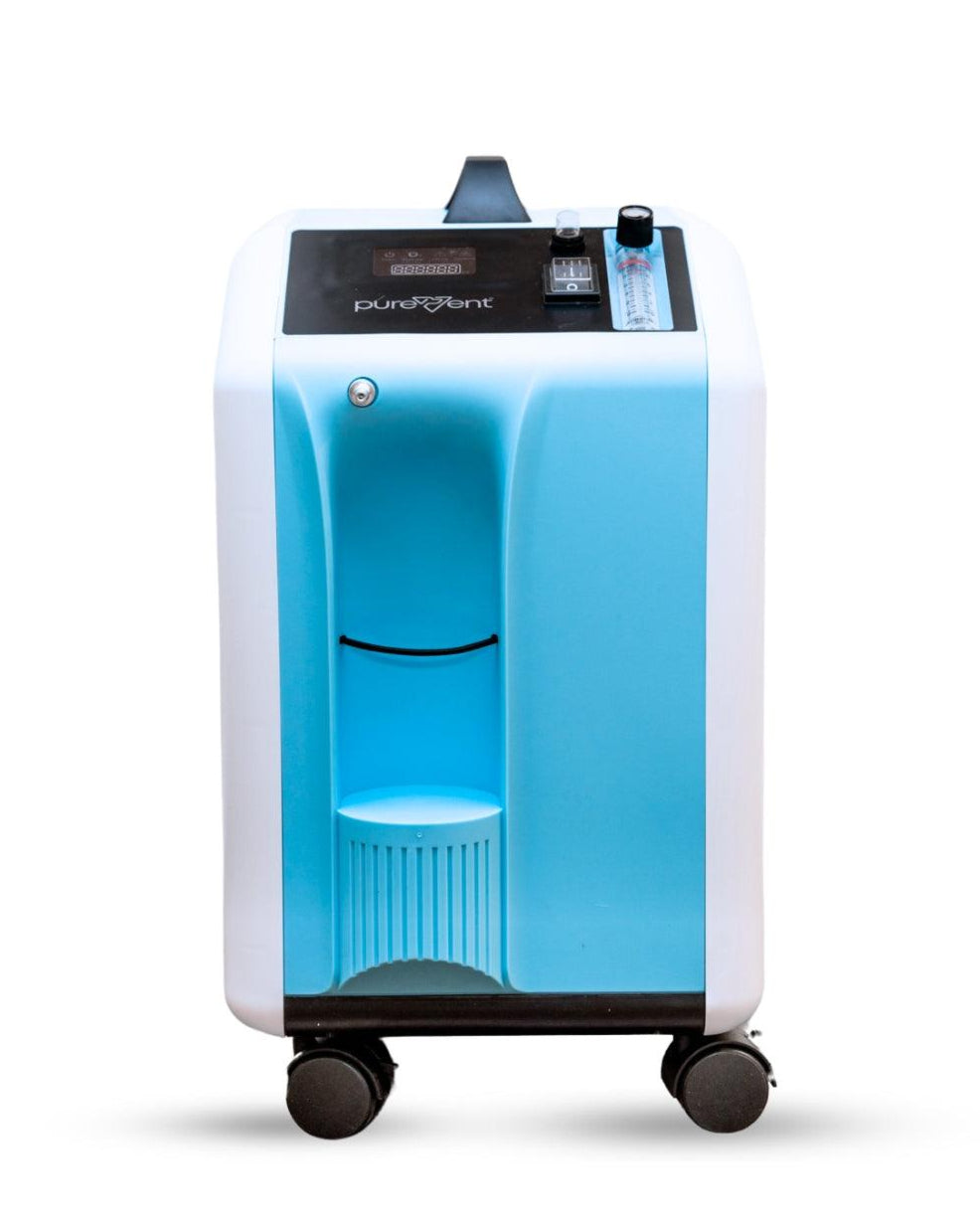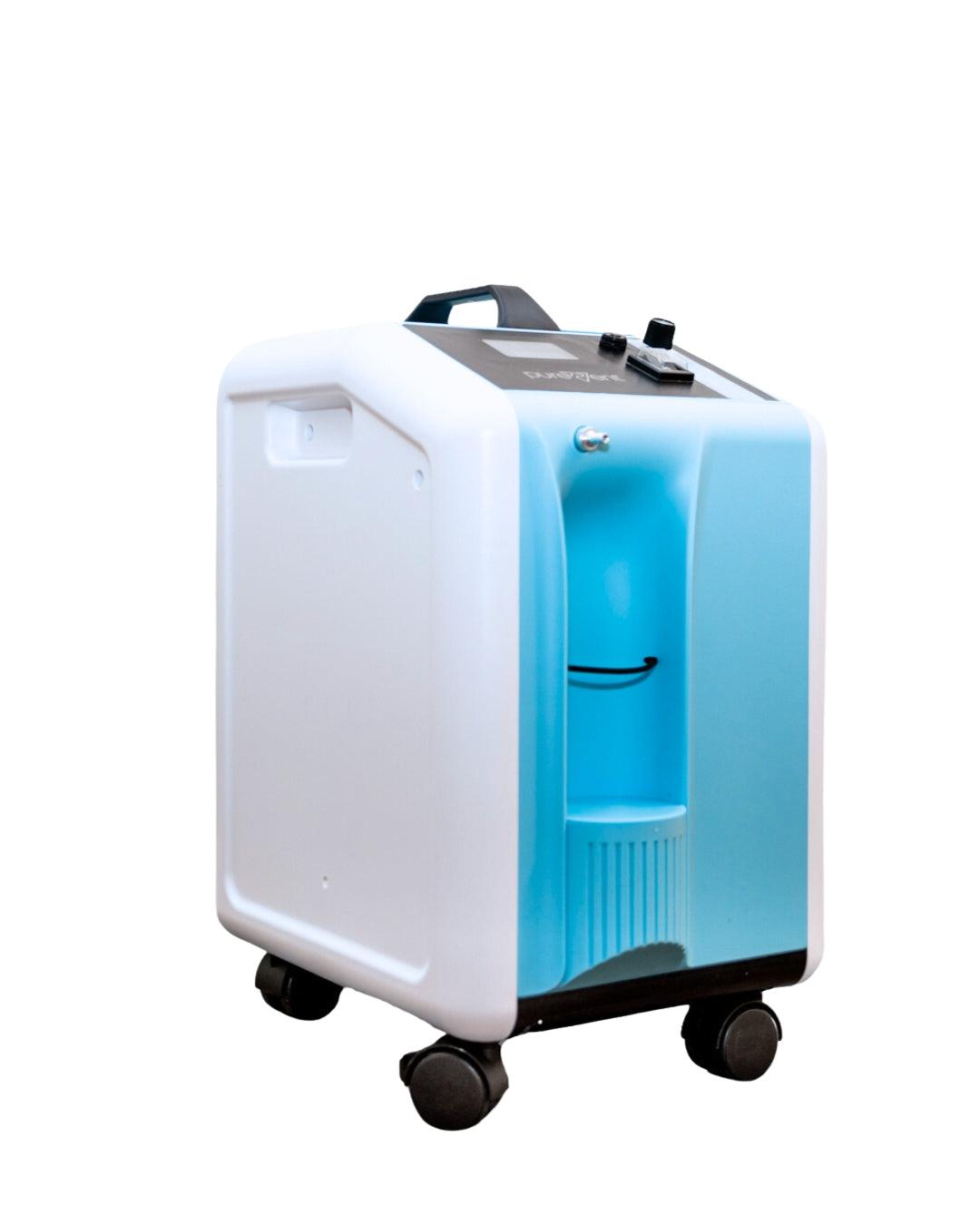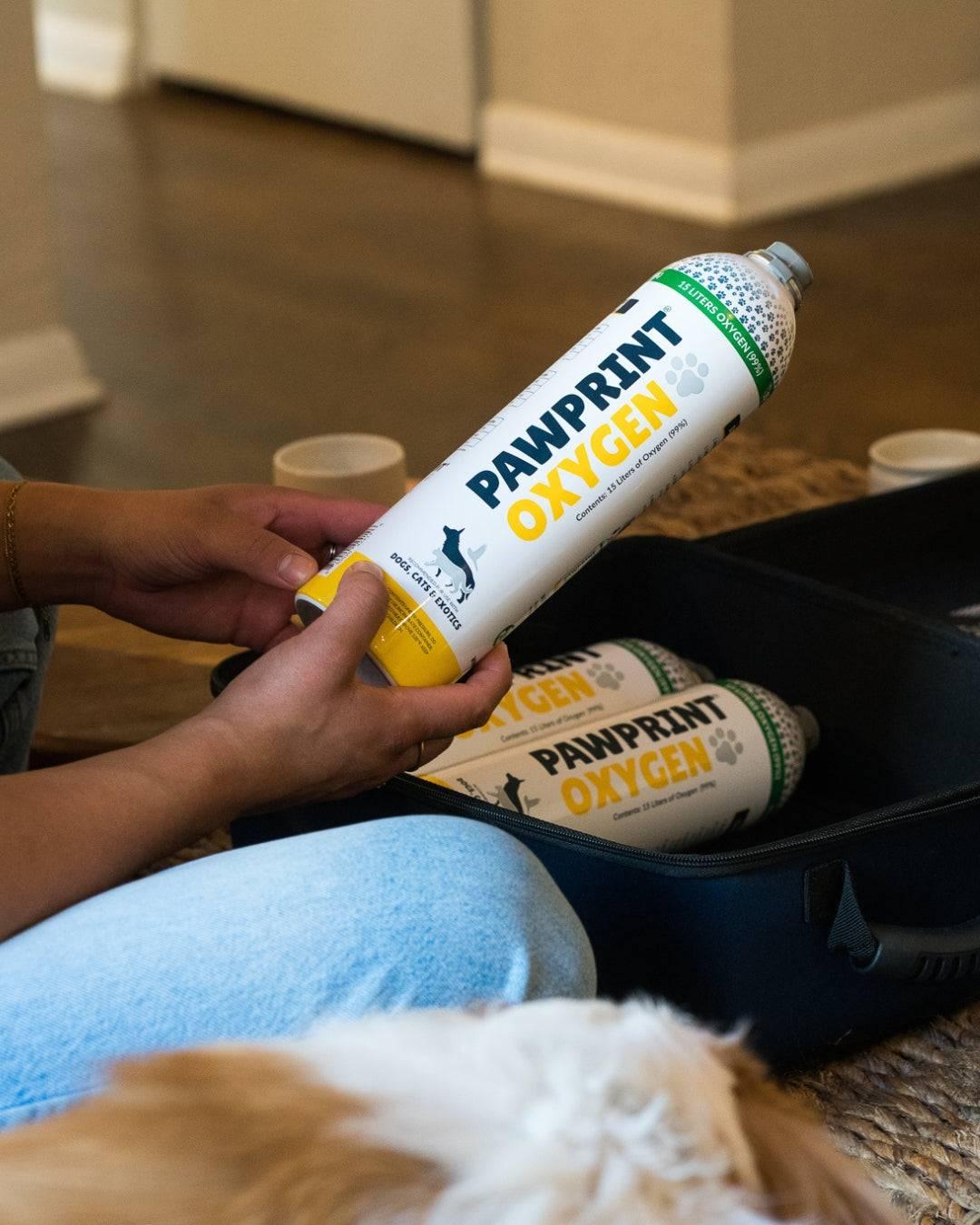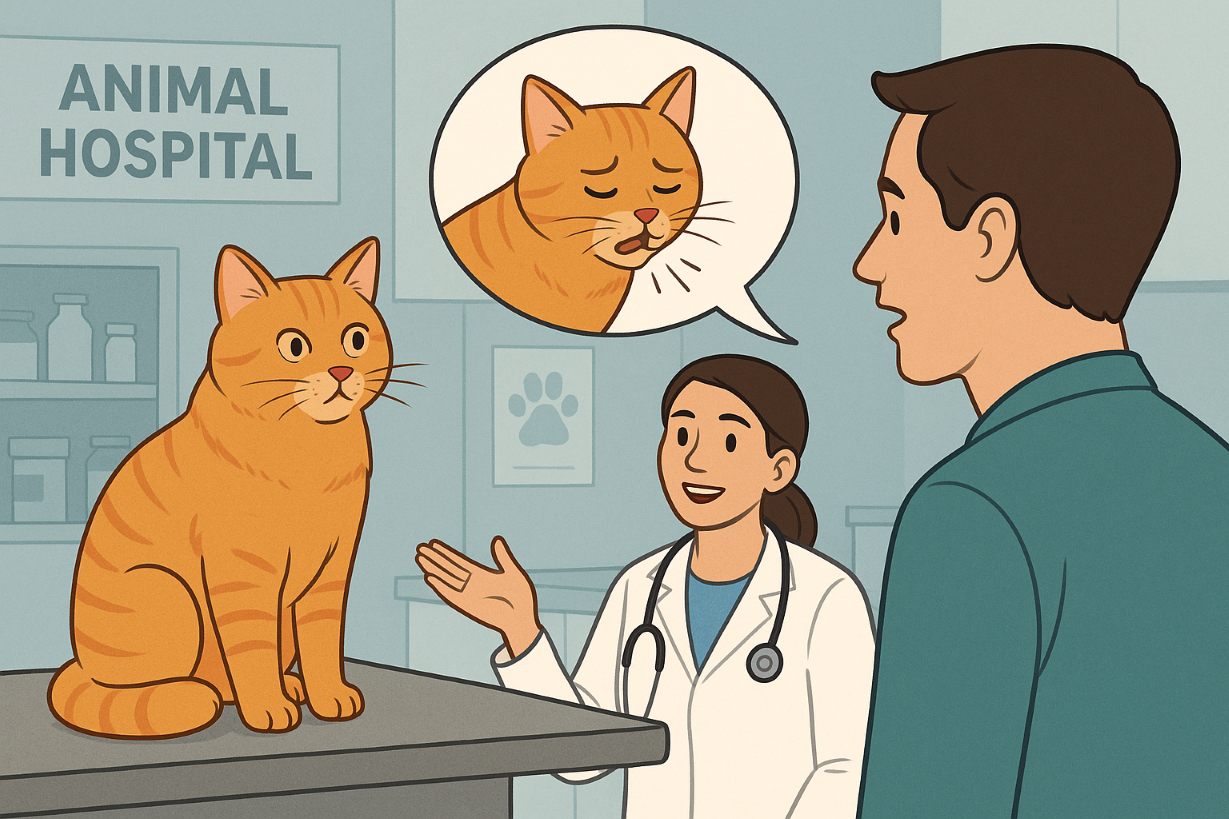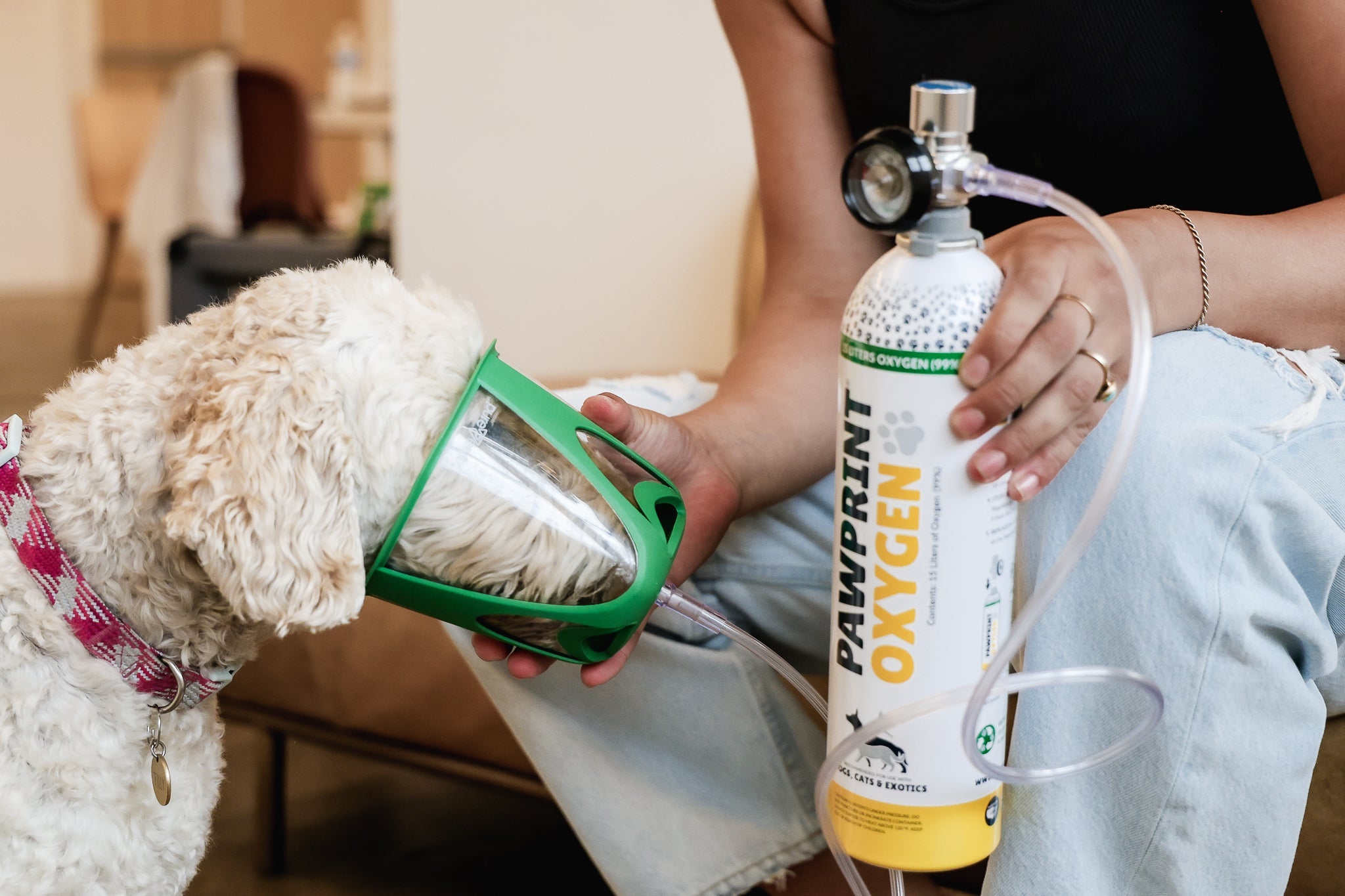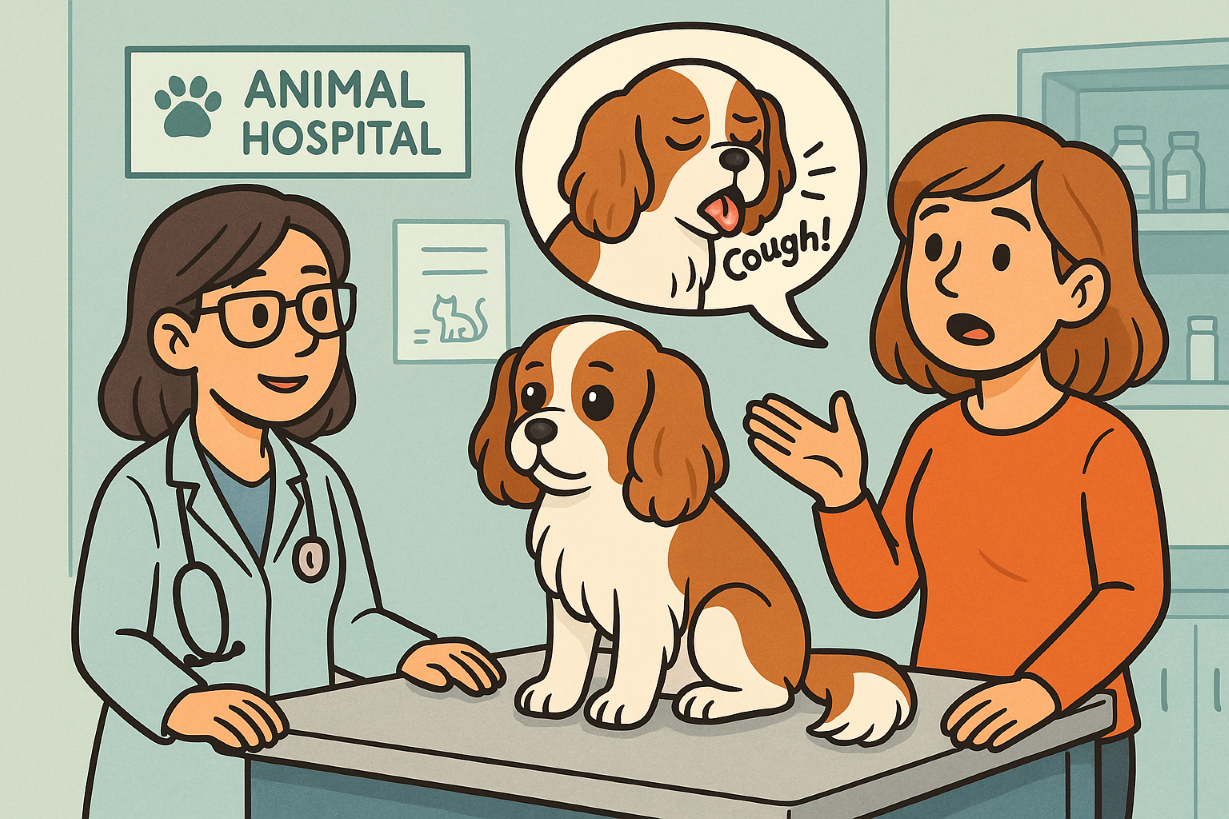Chronic bronchitis in dogs is a persistent respiratory condition that, while irreversible, can be managed effectively with the right strategies. This article guides dog owners through a holistic care plan—including veterinary-supported medications, strategic environmental adjustments, lifestyle modifications, and at-home supplemental oxygen solutions—that together help reduce flare‑ups and promote comfortable, active living. With early detection, consistent treatment, and thoughtful home adaptations, many pets continue to enjoy a high quality of life despite their condition.
Table of Contents
Chronic bronchitis in dogs is a long-term disease where the airways become inflamed and irritated, leading to a persistent, often harsh cough and occasional breathing difficulties. While there is no cure, the good news is that with the right care, many dogs can continue to live happy, comfortable lives. This article will walk you through practical ways to help your dog breathe easier, from veterinary treatments to simple home adjustments, so you can feel confident and supported as you care for your beloved companion.
Understanding Chronic Bronchitis in Dogs
Chronic bronchitis is a long-term inflammation and thickening of the airways that makes it harder for dogs to breathe, often causing a persistent, dry cough. It can be triggered by environmental irritants, excess weight, or past respiratory infections, and while it isn’t curable, it can be managed to reduce discomfort.
Common signs to watch for:
- Persistent, hacking cough
- Wheezing or raspy breathing
- Reduced tolerance for exercise
Recognizing these symptoms early and getting a veterinary evaluation can help improve your dog’s quality of life.
Veterinary Diagnosis and Treatment of Chronic Bronchitis in Dogs
To diagnose chronic bronchitis in dogs, your vet will perform a physical exam and may recommend tests like chest X-rays, bloodwork, or airway sampling to rule out other issues. While there’s no cure, treatment focuses on reducing airway inflammation, easing breathing, and preventing flare-ups.
Common treatments include:
- Corticosteroids to reduce airway inflammation
- Bronchodilators to open airways and improve airflow
- Antibiotics if a secondary infection is present
Regular check-ups are key to adjusting treatment and managing symptoms over time.
How can I tell if my dog has chronic bronchitis or just a regular cough?
A regular cough in dogs is usually short-term and linked to a temporary issue like kennel cough or minor irritation, while chronic bronchitis causes a dry, hacking cough that lasts for weeks or longer. Other signs may include wheezing, labored breathing, or reduced tolerance for exercise. If your dog’s cough persists or worsens over time, it's important to see your vet for a proper diagnosis. Early evaluation can help rule out other conditions and ensure your dog gets the right treatment.
What treatments are available to help my dog with chronic bronchitis breathe better?
Treatment for chronic bronchitis in dogs typically includes anti-inflammatory medications like corticosteroids to reduce airway swelling, and bronchodilators to help open the airways. In some cases, antibiotics may be prescribed if a secondary infection is present. Your vet may also recommend lifestyle changes, such as weight management and reducing exposure to environmental irritants. For dogs with more severe symptoms, supplemental oxygen therapy at home can provide additional relief and improve comfort.
Can my dog still live a normal life with chronic bronchitis?
Yes, many dogs with chronic bronchitis can live happy, comfortable lives with the right care. While the condition is lifelong, symptoms can often be well-managed through medication, lifestyle adjustments, and regular vet visits. By staying consistent with treatment and monitoring, you can help minimize flare-ups and support your dog’s overall well-being. With your care and attention, your dog can continue to enjoy a full and active life.
Lifestyle Changes to Support Your Dog’s Breathing
Helping your dog maintain a healthy weight through balanced nutrition and gentle exercise can significantly ease the strain on their lungs. Minimize exposure to irritants like smoke, dust, and strong chemicals, and consider using an air purifier at home. Use a harness instead of a collar to avoid pressure on the windpipe, and keep activity levels moderate with short walks and light play.
Creating a Comfortable Home Environment
A calm, clean home can ease your dog’s breathing and help reduce bronchitis flare-ups. Use an air purifier, keep temperatures stable, and create a quiet space where your dog can rest without stress. Limiting exposure to dust, strong scents, and cold air also helps prevent irritation.
Tips for a Bronchitis-friendly Home
Use a HEPA air purifier
Avoid strong-scented products and cleaning chemicals
Maintain a consistent indoor temperature
Provide soft bedding in a quiet area
Keep windows closed on poor air quality days
Regularly clean floors and surfaces to reduce dust
How Supplemental Oxygen Can Help
Chronic bronchitis can reduce oxygen levels in the blood, especially during flare-ups, leading to fatigue, rapid breathing, or even blue-tinged gums. Supplemental oxygen supports your dog’s breathing, reduces lung strain, and can significantly improve comfort during respiratory distress. Your vet may recommend options like portable oxygen kits, concentrators, or oxygen chambers for at-home use.
Signs your dog with chronic bronchitis may need oxygen therapy:
- Fast or labored breathing
- Bluish gums or tongue
- Lethargy or weakness
- Trouble recovering after activity
- Increased coughing during flare-ups
Types of Home-Use Oxygen for Dogs with Chronic Bronchitis
For the treatment of chronic bronchitis in dogs, having oxygen therapy available at home can provide vital relief during flare-ups or respiratory distress. Pawprint Oxygen offers several veterinary-approved options designed to suit different needs and lifestyles.
Oxygen therapy options include:
- Portable Oxygen Kits: Ideal for emergency use, travel, or short, intermittent sessions at home. These lightweight kits come with pre-filled oxygen canisters, a fixed flow rate regulator set to the flow rate your dog will need based on their weight, oxygen tubing, and a PureVent Pet Oxygen Mask specially designed for your dog’s comfort.
- Oxygen Concentrators: Best for daily or long-term use, the medical-grade oxygen concentrators plug into a standard outlet and deliver continuous oxygen without the need for refills. Ideal for dogs that need more than 30 minutes of oxygen a day or who may need higher flow rates than the canisters can provide.
- Oxygen Chambers: Perfect for dogs who are anxious or don’t tolerate masks, oxygen chambers provide a high-concentration of medical-grade oxygen in a calm, enclosed space. Add some of your dog’s favorite comfort items to make therapy as comfortable as possible.
These tools offer flexible, at-home support to help your dog with chronic bronchitis breathe easier and stay comfortable.
Monitoring and Managing Flare-Ups
With chronic bronchitis in dogs, flare-ups can happen without warning, so it's important to recognize early signs of respiratory distress and act quickly. Having an emergency plan, tracking symptoms, and staying in close communication with your vet can help you respond effectively and prevent complications. Supplemental oxygen, medication, and a calm environment can make a big difference during these episodes.
Watch for these signs of a flare-up:
Increased coughing or wheezing
Labored or rapid breathing
Lethargy or exercise intolerance
Avoiding play or activity
With proper care, many dogs with chronic bronchitis live happy, active lives for years. Staying consistent with medications, vet visits, and daily routines can keep symptoms under control and reduce flare-ups. While managing a chronic illness can feel overwhelming at times, your love, patience, and advocacy make all the difference in your dog’s long-term well-being. Want to read more about how oxygen can help with respiratory conditions like chronic bronchitis in dogs? Read more here: Oxygen Use for Respiratory Conditions in Pets

Key Takeaways
Chronic bronchitis in dogs is manageable with the right treatment and routine.
Veterinary care—including medications and regular check-ups—is essential.
Minimize irritants like smoke, dust, and strong scents at home.
Healthy weight and gentle exercise support easier breathing.
Supplemental oxygen can provide relief during flare-ups.
Stay prepared by recognizing symptoms and having an action plan.
Your care matters—your consistency and support make all the difference.

